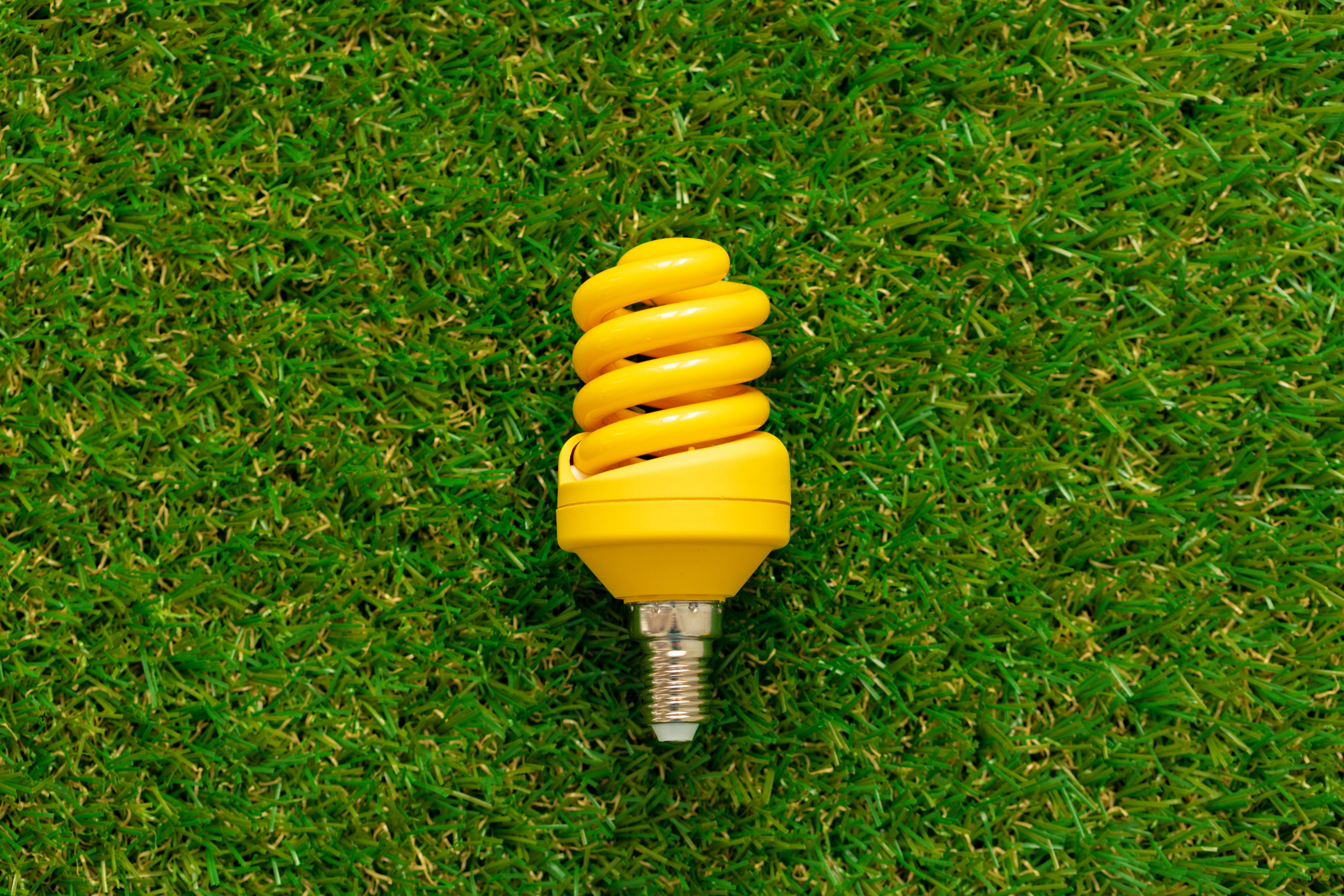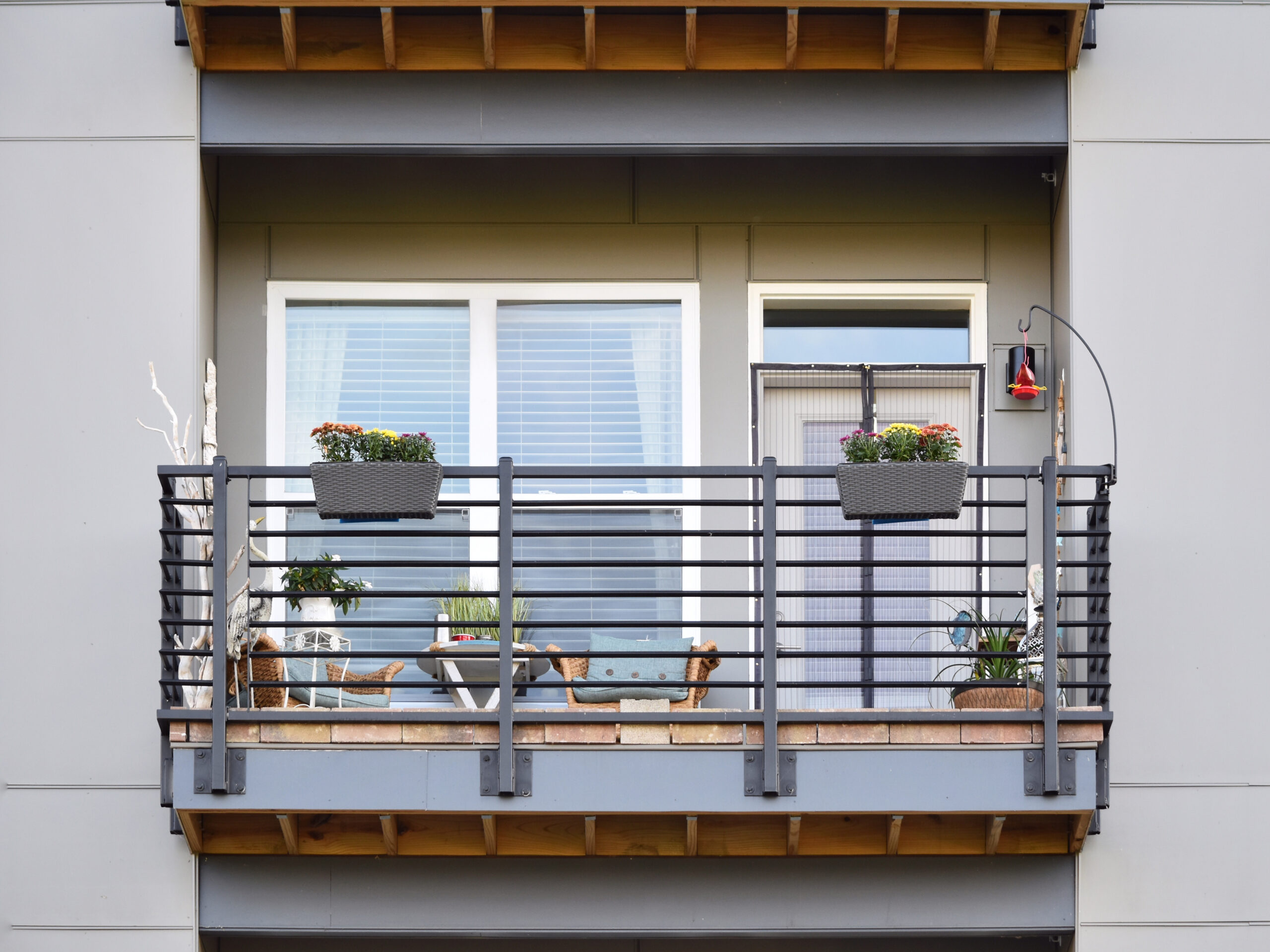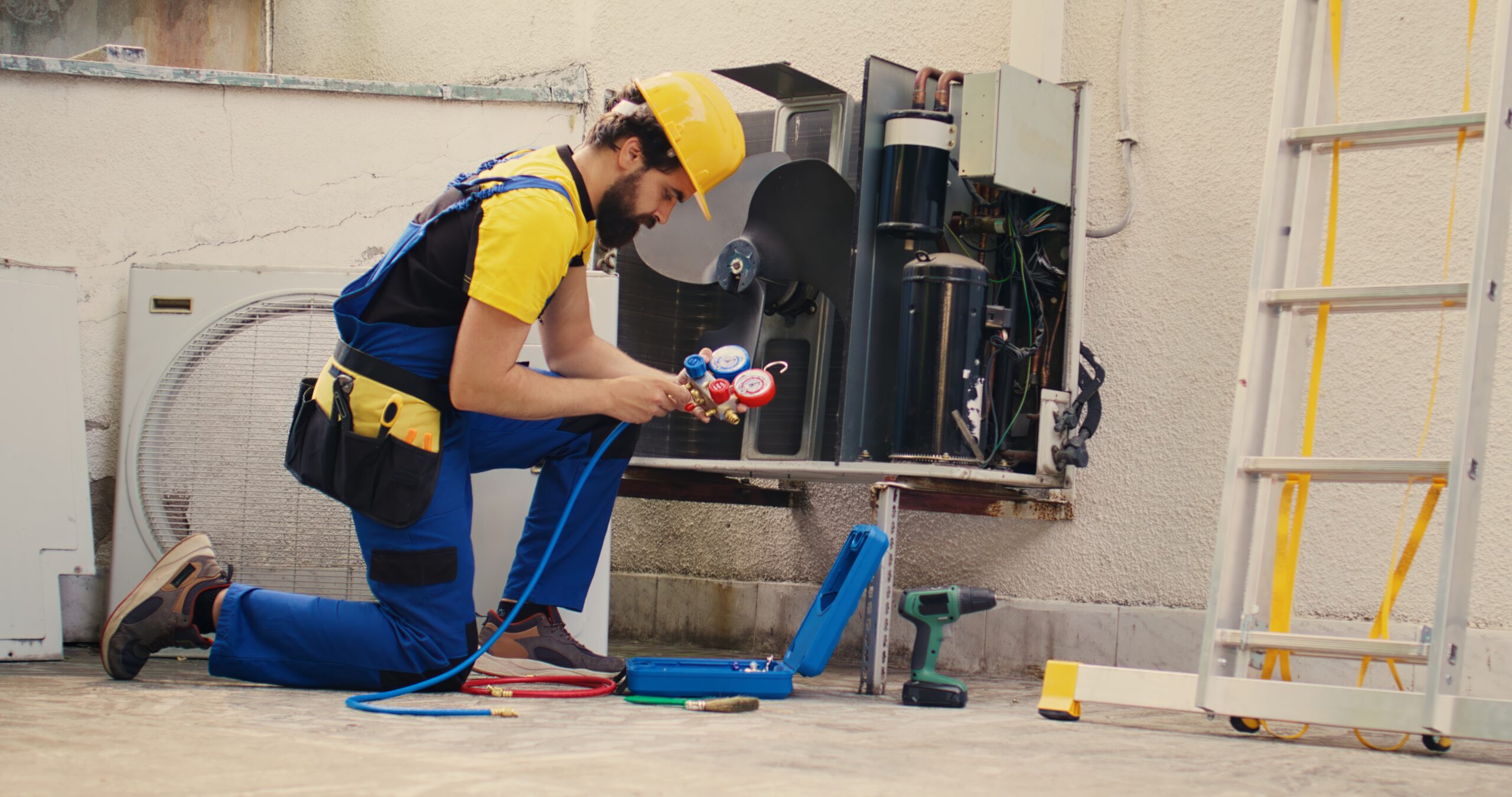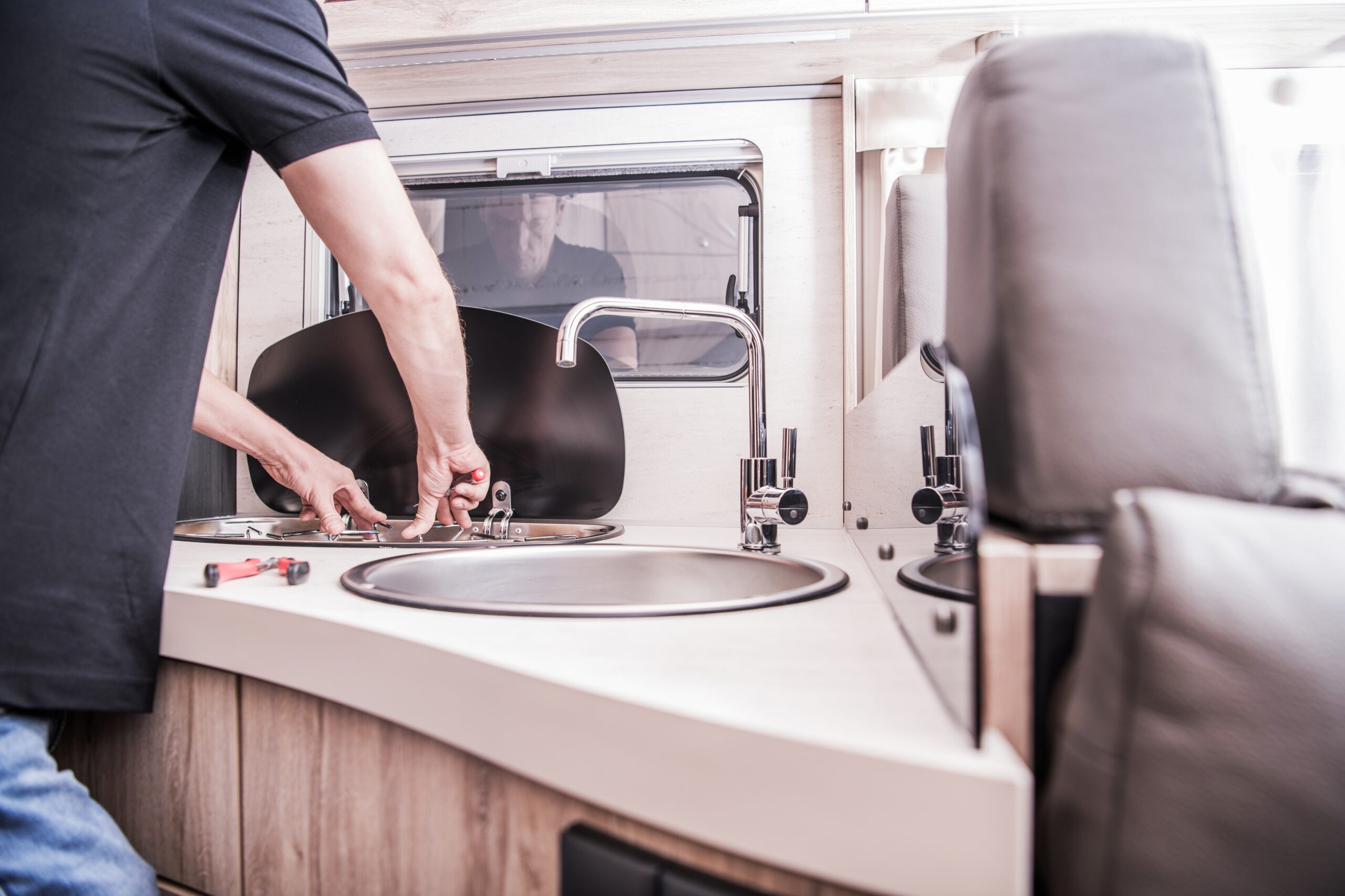After the past two years of living through a global pandemic, many people are starting to think about ways they can adopt a healthier lifestyle. One area that’s often forgotten is air quality. Though there may not be much you can do about the outdoor air where you live, you should do whatever you can to make sure the air inside your home is clean and safe to breathe. The negative effects of air pollution can be serious, so it’s worth taking the time to improve yours. If you want to learn more, read on to find out how having a pet impacts your indoor air quality.
Do pets impact your indoor air quality?

Millions of people in the United States and around the world keep pets at home, with dogs and cats being the most popular. So, does having a pet impact your indoor air quality? The answer is yes, your pet can affect the air quality in your home in a couple of different ways. The reality is that if you have pets, you’re likely to have pet dander. Pet dander is released into the air when pets scratch themselves or during the times of the year when they naturally shed hair. These particles are typical what causes an allergic reaction and can cling to fabric, carpeting, and other materials, thus lowering overall air quality.
The presence of pet dander can also affect your HVAC system’s filter. Filters are designed to trap the dirt and contaminants in the area. Obviously, pet dander will significantly increase the load on your HVAC filter. That means it’s likely to become dirty quickly, and you may experience clogs or limited airflow. Proper grooming can make a big difference, as can washing your clothes to get rid of any dander that may be present.
What else can you do to improve your air quality at home?
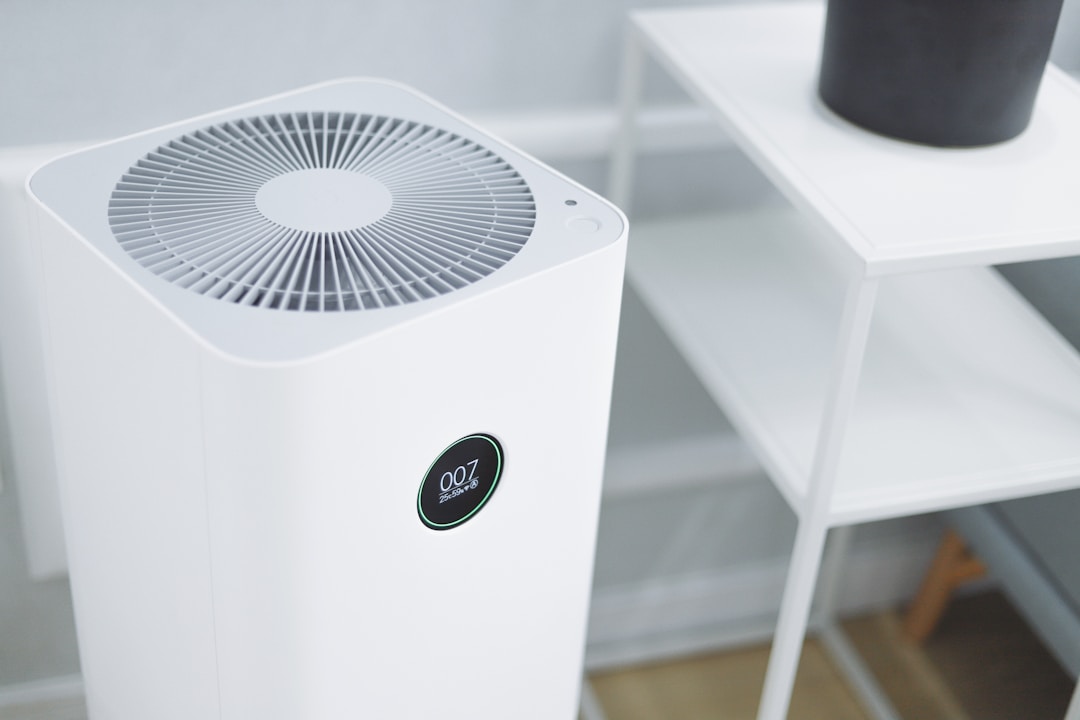
There are a lot of things you can do to improve the quality of the air in your home. Regular HVAC maintenance should be one of your top priorities as a homeowner since your HVAC system is your first line of defense against air pollution. You should have your unit inspected biannually and change the filter at least every 90 days. Pet owners, particularly those with allergies or who are sensitive to contaminants in the air, may want to change theirs more frequently.
An air purifier can also be a worthwhile investment. Look for a model with a high-efficiency particulate air (HEPA) filter, and make sure it’s powerful enough for the size of the room you intend to put it in. You can usually find the recommended room size in the product description or on the packaging. Air purifiers are more effective when placed in high-traffic areas or frequently used rooms like the living room, bedroom, and kitchen.
Smaller lifestyle changes can also improve your air quality. Experts recommend vacuuming at least once or twice a week. You can also launder items like area rugs and long drapes, which often trap allergens, more frequently. If you live in an area with clean outdoor air, you should also make an effort to open your windows more often. It’s always a good idea to let in the fresh air.
Indoor air quality can be impacted by a variety of lifestyle and environmental factors, including having pets. Fortunately, there are plenty of ways you can minimize the presence of irritants like pet dander. Even just cleaning more frequently will help, though you should also consider more thorough solutions like HVAC maintenance or investing in an air purifier. Though the risks posed by breathing in polluted air are real, there are a lot of steps you can take to make sure you have clean air to breathe at home.
